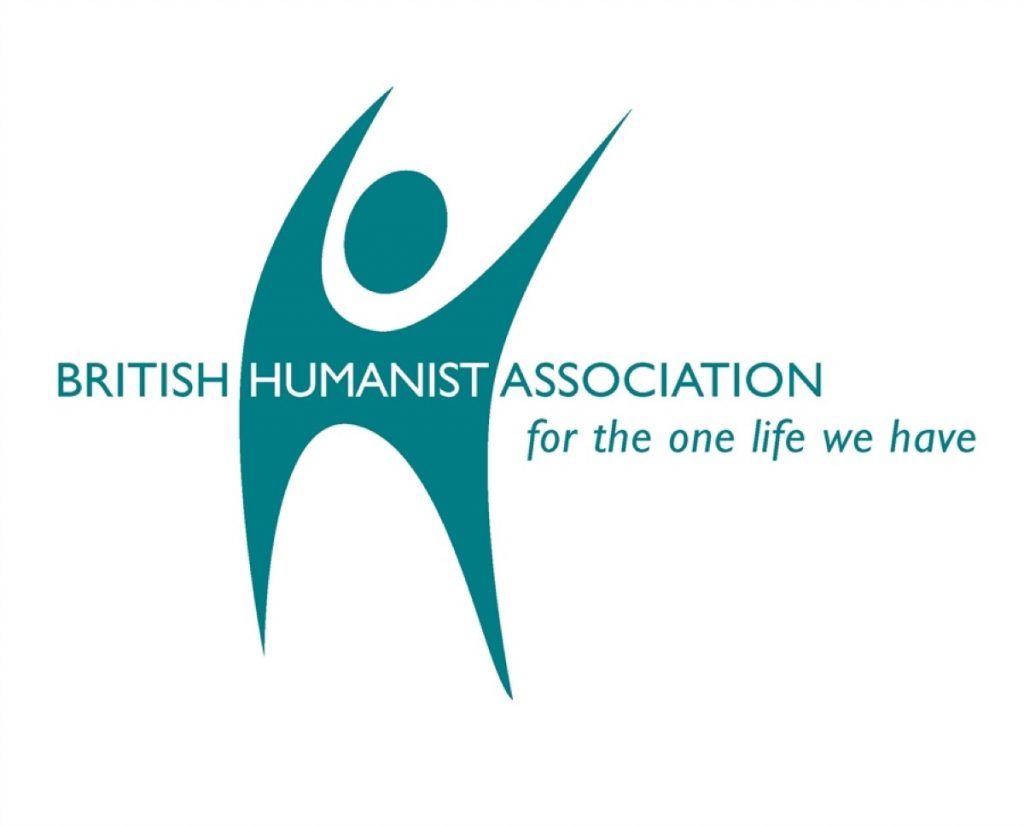British Humanist Association: Bishops must go in Lords reform
Responding to the Ministry of Justice White Paper, the British Humanist Association (BHA) has urged the Government to ensure that there will be no reserved places for Bishops in a reformed House of Lords.
Andrew Copson, BHA Director of Education and Public Affairs, commented, ‘The UK is the only Western democracy to give religious representatives the automatic right to sit in the legislature. Modern Britain is a society with a great diversity of religious and non-religious beliefs and it is outrageous that both Labour and Conservatives are proposing that this anachronistic policy should continue.’
The BHA believes the arguments against privileging religious representatives in a democratic parliament to be irrefutable and that the arguments in their favour are insubstantial:
- The claim that Bishops are uniquely qualified to provide ethical and spiritual insights is factually incorrect and offensive. People from many walks of life and from many religions and none are at least equally qualified if not more so – for example, moral philosophers and experts in medical ethics.
- Religious ‘leaders’ cannot speak for the whole population – their views are often controversial and rejected by people with equally deeply held religious or ethical convictions.
- Bishops may not necessarily even represent the views of Anglicans. A pertinent example was the vote on the Assisted Dying for the Terminally Ill Bill, where polls show that 81% of protestants ‘think that a person who is suffering unbearably from a terminal illness should be allowed by law to receive medical help to die, if that is what they want’ (NOP, 2004) but the bishops opposed the Bill.
- The Anglican Church claims only 1,650,000 members in the UK and its Sunday services are attended by only about 1.9% of the adult population. Only 12% of the adult population are members of any church. Many polls have provided evidence of high levels of unbelief in the UK.
- The presence of Church representatives in the legislature has ceased to be an accurate reflection of UK society and, indeed, increasing numbers of people are opposed to political privileges for religion (‘Religious groups and leaders’ are the domestic group that people are most likely to believe has too much influence on government (MORI, 2006))
NOTES
For further comment contact Andrew Copson on andrew@humanism.org.uk, on 020 7079 3584 or on 07855 380 633.
An Ipsos MORI poll in October 2006 showed that more people think that the government pays too much attention to ‘religious groups and leaders’ than to any other domestic group. Click here for more details.
The British Humanist Association (BHA) represents and supports the non-religious. It is the largest organisation in the UK campaigning for an end to religious privilege and to discrimination based on religion or belief, and for a secular state.





-01.png)